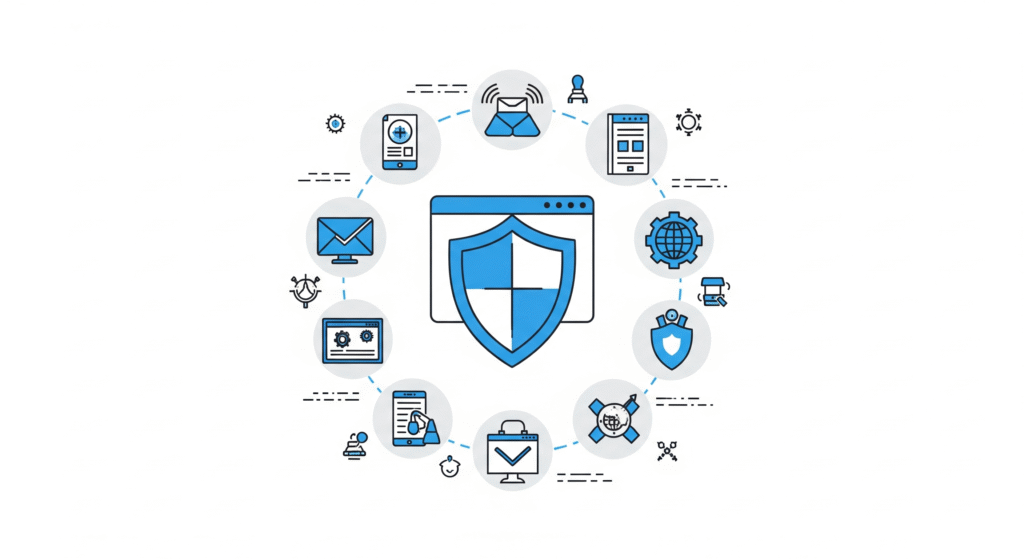Choosing the right WordPress plugins for your blog can make a big difference in how your website performs and how easy it is to manage. With thousands of plugins available, picking the best ones can be overwhelming. In this blog, we will guide you through what to look for when choosing WordPress plugins to ensure your blog is fast, secure, and user-friendly.
1. Check Plugin Compatibility
The first thing to check is whether the plugin is compatible with your current version of WordPress. Using outdated or incompatible plugins can cause errors on your site or even break it. Always choose plugins that are regularly updated by their developers and tested with the latest WordPress releases.
2. Look for Good Ratings and Reviews
Ratings and reviews from other users tell you a lot about the quality and reliability of a plugin. Look for plugins with high star ratings and many positive reviews. Read what users are saying about their experience, especially regarding support and ease of use.
3. Consider Plugin Popularity
A popular plugin with many active installations often means it is trusted by a large community. Such plugins are generally well-maintained and have better support resources. However, popularity alone shouldn’t be the only factor—make sure the plugin fits your specific needs.
4. Evaluate Plugin Features
Make a list of features you need for your blog and check if the plugin covers them well. Avoid plugins that are overloaded with unnecessary features, as they can slow down your website. A simple, well-focused plugin is often better.
5. Review Support and Documentation
Good support is essential, especially if you are new to WordPress. Check if the plugin has detailed documentation, FAQs, and a reliable support team. See if the developers respond promptly to queries on forums or support tickets.
6. Check for SEO Friendliness
Plugins should help, not harm, your search engine rankings. Check if the plugin follows SEO best practices, for example by generating clean code and not slowing down your site. Some plugins specifically offer SEO features, which can be a bonus.
7. Look at Performance Impact
Some plugins can slow down your website, affecting user experience and SEO. Use tools like Google PageSpeed Insights to monitor your site speed before and after installing a plugin. Choose lightweight plugins that are well-coded and efficient.
8. Ensure Security and Trustworthiness
Security is very important. Plugins with a history of security vulnerabilities can expose your site to hacks. Use plugins from reputable sources like the official WordPress plugin repository, and keep all plugins updated to the latest versions.
9. Check Licensing and Pricing
Many good plugins are free, but some premium plugins offer better features and support. Understand the licensing terms—whether the plugin allows use on multiple sites, and if there are renewal fees. Balance cost with value.
10. Test Before Finalizing
Before fully integrating a plugin on your live blog, test it on a staging site if possible. This helps you avoid conflicts with your theme or other plugins and ensures it works smoothly.
Conclusion
Choosing the right WordPress plugins requires careful consideration of compatibility, features, support, SEO impact, performance, and security. Taking the time to research and test plugins will help you build a faster, safer, and more enjoyable blog for your readers. Make smart plugin choices, and your blog’s success will follow.
If you want help selecting the best plugins for your blog or need custom plugins, feel free to explore our offerings at INOV8. We build tools designed with simplicity and support in mind, tailored for bloggers like you.



